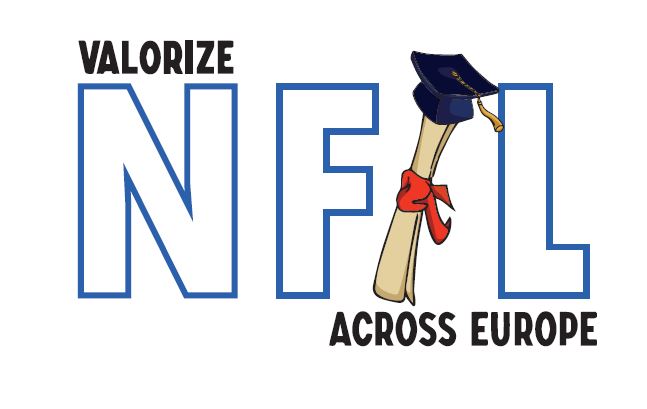The project has been recognized as a best practice by the Erasmus+ Program
Non-formal and self-directed learning provide valuable opportunities for enhancing personal and professional skills. However, there are significant differences in non-formal education systems within and outside the EU that hinder the recognition of learning outcomes in other countries. This issue is becoming increasingly relevant with the growing influx of migrants and workforce within the Community.
The main objective of the NFIL project is to contribute to the recognition of skills and transparency of qualifications to facilitate learning, employability, and labor mobility for migrants.
The project is aimed at national bodies responsible for the recognition of professional qualifications, assessment and certification of training programs, employment services, and stakeholders in the fields of education, training, and civil society. All these entities play a crucial role in promoting initiatives for the validation of non-formal and informal learning.


Project duration:
Financed by:
Erasmus+ Programme of the European Union
Key concepts:
- non-formal and informal learning
- validation of skills and competencies
- migration and labor market integration
Target groups and beneficiaries:
- Immigrants in the EU
- Internal migrants within the EU (from one country to another)
- Migrants who wish to return to their country of origin in the short or medium-term
Project outputs and products:
- research analysis with the following elements: general framework of non-formal and informal learning in Europe – non-formal and self-directed learning in the countries represented in the project
- transnational framework for validated and certified skills
- analysis of 5 professional profiles in 4 economic sectors: trade, catering and hospitality, ICT, and social services, and a general framework for 20 professions for acquired and certified skills in the host or home country
- systematic review of ways to engage and guide migrants in the integration process
Partners:
- Casa di Carità Arti e Mestieri (Italy)
- The Association "International Management Institute" (Bulgaria)
- Greta du Val de Loire – Lycée Charles and Adrien Dupuy (France)
- CECE – Spanish Confederation of Vocational Education and Training Centers (Spain)
- Public University of Ptuj (Slovenia)
- Comité Européen de Coordination (Belgium)
- Training Vision (United Kingdom)

